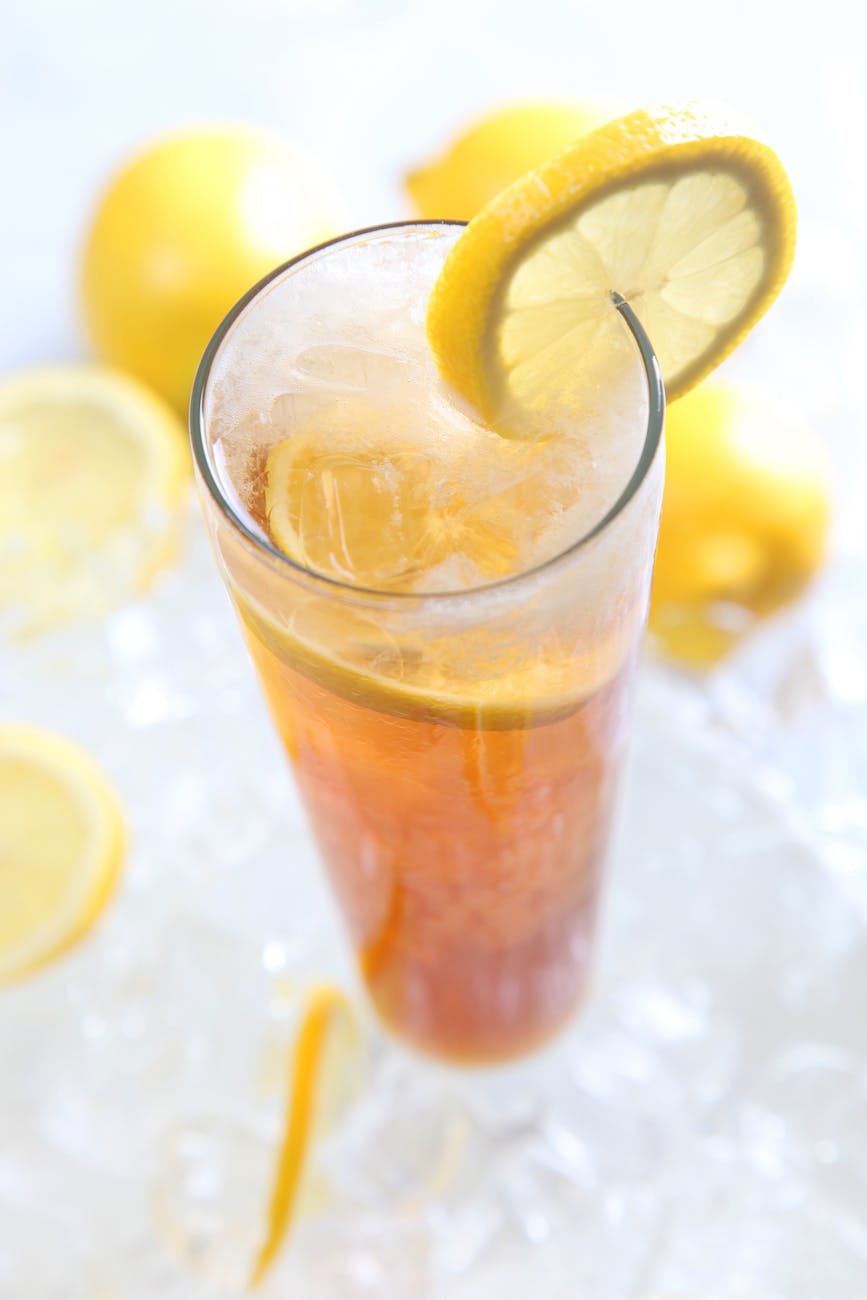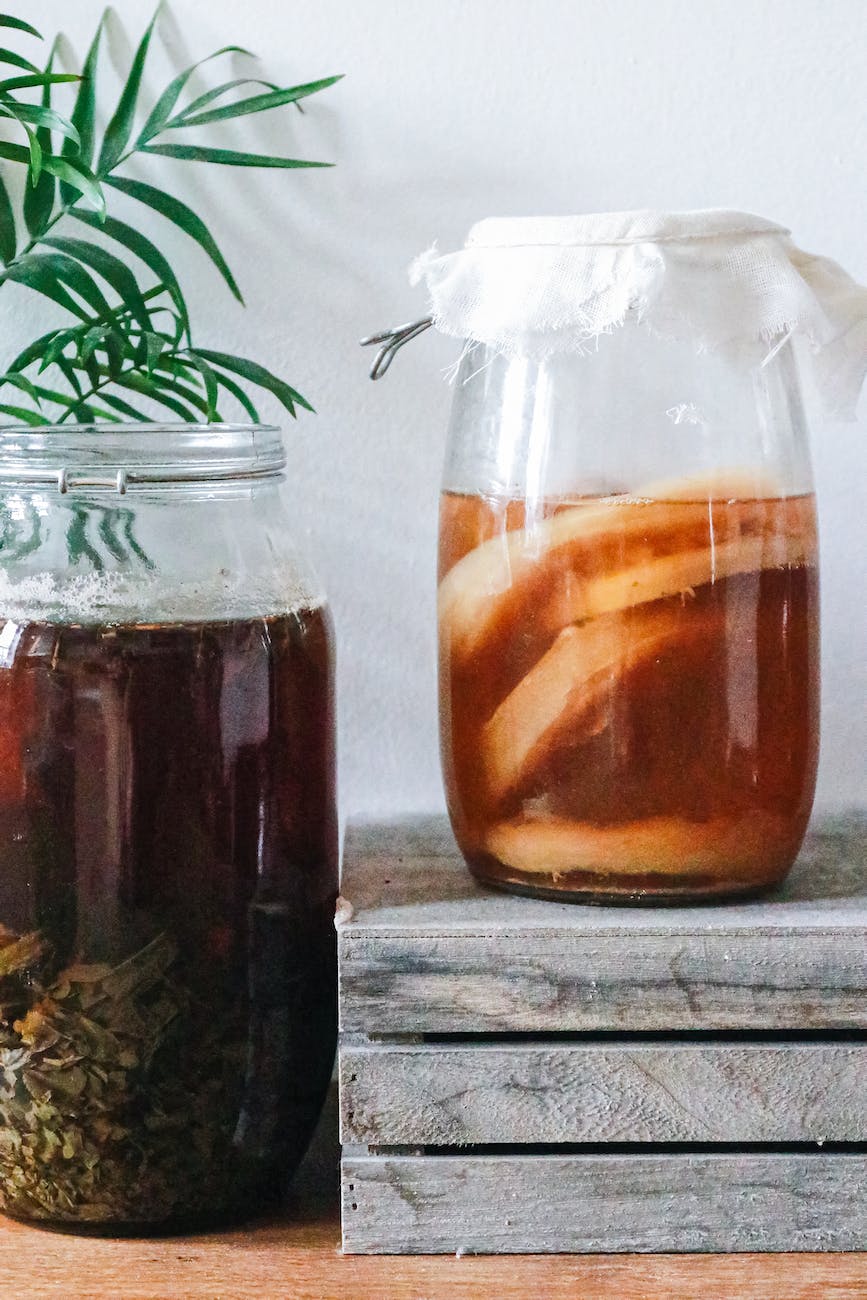
n recent years, the beverage landscape has been transformed by the effervescent allure of hard seltzers. These fizzy, flavorful drinks have not only captured market share but also the hearts of many. Let’s dive deep into the world of hard seltzers and address the burning questions surrounding them.
The Allure of Lightness and Flavor
Hard seltzers, like the renowned White Claw and Truly, offer a unique blend of lightness and flavor. Unlike traditional beers or sugary cocktails, these beverages provide a refreshing taste without the heaviness, making them a favorite for beach outings, BBQs, or just a relaxed evening at home.
A Health-Conscious Choice
One of the standout features of hard seltzers is their health profile. They typically contain fewer calories, sugars, and carbs than many other alcoholic beverages. This appeals to the modern, health-conscious consumer who doesn’t want to compromise on taste. Moreover, brands like High Noon have taken it a step further by using real vodka in their drinks, offering a clear distinction from those that use fermented sugars.
A Flavorful Spectrum
From tangy lemonades to exotic tropical flavors, hard seltzers come in a plethora of tastes. Brands are continually innovating, introducing new and exciting flavors to keep consumers intrigued. Whether you’re a fan of the tartness of raspberry or the sweetness of mango, there’s a hard seltzer out there for you.
The Craft of Brewing Seltzers
Much like the craft beer movement, there’s a burgeoning craft hard seltzer trend. Local breweries and brands are experimenting with artisanal flavors, organic ingredients, and unique brewing techniques. This craft movement adds depth to the hard seltzer market, ensuring there’s always something new to try.
Sustainability in the Seltzer World
With environmental concerns at the forefront, many hard seltzer brands are making sustainability a priority. From sourcing ingredients responsibly to using recyclable cans over bottles, these brands are ensuring that their drinks don’t just taste good but also do good.
The Global Seltzer Wave
While the U.S. has been at the epicenter of the hard seltzer boom, the trend is catching on globally. From Europe’s bustling cities to Asia’s vibrant markets, hard seltzers are making their mark. Local brands are emerging, tailoring flavors to regional tastes and preferences.
The Science Behind the Fizz
Hard seltzers owe their clarity and neutral taste to a unique fermentation process. Unlike traditional malt beverages that derive their flavor and alcohol from malted grains, hard seltzers use a clear, neutral base, often derived from fermented sugars. This base is then flavored to produce the drink we know and love.
Decoding the Alcohol in Hard Seltzers: A Deep Dive into Popular Brands
The hard seltzer market has exploded in popularity, with many consumers drawn to its light, refreshing taste and lower calorie content. However, one question that frequently arises is about the type of alcohol used in these beverages. Let’s delve into some of the most popular brands and uncover the alcohol mystery behind each.
White Claw: The Market Leader
Origin of Alcohol: White Claw, one of the most recognized names in the hard seltzer world, uses a fermented sugar base to produce its alcohol. This process involves fermenting a mixture of sugar and yeast, resulting in a clear, neutral alcohol base. This base is then flavored and carbonated to produce the final product.
Truly: A Close Competitor
Origin of Alcohol: Truly, another major player in the hard seltzer market, also uses a similar fermentation process. The brand employs fermented cane sugar to produce its alcohol, which is then combined with natural flavors to create a range of refreshing beverages.
High Noon: Vodka-Based Difference
Origin of Alcohol: High Noon sets itself apart by using real vodka in its drinks. This vodka is derived from distilled grains, giving it a distinct taste profile compared to seltzers that use fermented sugars. Paired with real fruit juice, High Noon offers a more authentic cocktail experience in a can.
Vizzy: Antioxidant Boost
Origin of Alcohol: Vizzy, known for its hard seltzers with antioxidant vitamin C, uses fermented cane sugar as its alcohol base. The brand stands out by infusing its drinks with acerola cherry, a superfruit high in vitamin C.
Bud Light Seltzer & Michelob Ultra Seltzer: Big Beer Enters the Scene
Origin of Alcohol: Both these brands, extensions of major beer giants, utilize a fermentation process similar to their beer counterparts but without the grains that give beer its color and heavier taste. They use fermented cane sugar to achieve a clear, neutral alcoholic base.
Lone River Ranch Water: A Texan Twist
Origin of Alcohol: This brand, inspired by the classic Texan drink “Ranch Water,” uses a fermented sugar base for its alcohol. It differentiates itself with its unique flavors inspired by the American Southwest.
Frequently Asked Questions about Hard Seltzers
- What type of alcohol is used in White Claw? White Claw is crafted using a fermented sugar base, which is then flavored and carbonated to produce its signature taste.
- How does Truly produce its alcohol content? Truly derives its alcohol from fermented cane sugar, combined with natural flavors to offer a diverse range of seltzers.
- Is there a difference between the alcohol in hard seltzers and traditional beers? Yes, while traditional beers get their alcohol content from malted grains, most hard seltzers use a clear, neutral base often derived from fermented sugars.
- What sets High Noon apart from other hard seltzers? High Noon distinguishes itself by using real vodka derived from distilled grains, paired with real fruit juice, offering a genuine cocktail experience.
- Why is Vizzy associated with antioxidants? Vizzy hard seltzers are infused with acerola cherry, a superfruit known for its high vitamin C content, providing an antioxidant boost.
- Do major beer brands have their take on hard seltzers? Absolutely! Brands like Bud Light and Michelob Ultra have ventured into the hard seltzer market, using fermented cane sugar to achieve a clear, alcoholic base.
- What’s the inspiration behind Lone River Ranch Water? Lone River Ranch Water draws inspiration from the classic Texan drink “Ranch Water” and uses a fermented sugar base, with flavors reminiscent of the American Southwest.
- Are all hard seltzers gluten-free? While many hard seltzers, due to their fermentation process, are gluten-free, it’s always essential to check the label or the brand’s official information to be certain.
- How do hard seltzers achieve their diverse flavor profiles? After the fermentation process, brands introduce natural flavors, fruit essences, or real fruit juices to craft their unique range of seltzers.
- Are there craft versions of hard seltzers? Yes, akin to the craft beer movement, many local breweries and brands are experimenting with artisanal flavors and unique brewing techniques to produce craft hard seltzers.
Conclusion
The hard seltzer industry, though seemingly straightforward, is rich in diversity and innovation. The type of alcohol used varies from brand to brand, with each employing different methods to achieve their unique taste profiles. Whether it’s fermented sugar bases or real vodka, there’s a science and art behind every can of hard seltzer.
Blog Tags: Hard Seltzer Alcohol, White Claw, Truly, High Noon, Vizzy, Bud Light Seltzer, Michelob Ultra Seltzer, Lone River Ranch Water, Fermented Sugars, Vodka-Based Seltzers.










